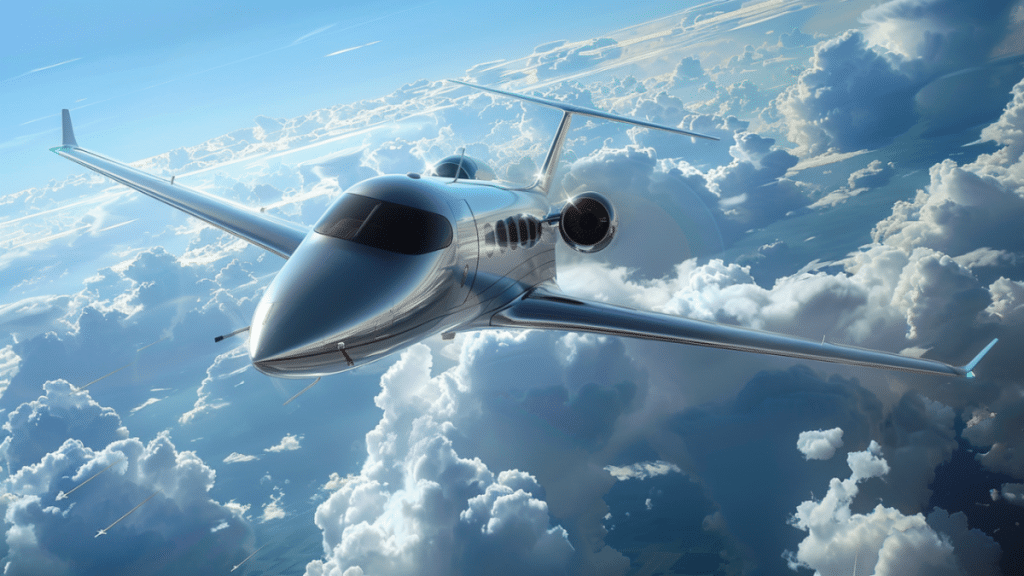Understanding Autonomous Flight Technology
Autonomous flight technology is poised at the forefront of technological advancement, fundamentally altering the landscape of innovation around the globe. Integrating AI drone software with cutting-edge capabilities offers a remarkable leap in how we conduct various operations. By enabling drones to self-navigate and perform tasks independently, AI empowers them to handle complex environments precisely. These drones are equipped with sophisticated algorithms, machine learning capabilities, and advanced sensors, enabling them to process environmental data in real time and make instant decisions to optimize performance. Their ability to learn and improve with each flight makes these drones capable of carrying out humanly challenging tasks, like traversing hostile terrains or providing accurate aerial data.
The profound impact of AI drone technology resonates across industry verticals, offering a host of previously unattainable applications. AI drones are revolutionizing how data is collected and analyzed, enhancing the precision and accuracy of results. With their ability to operate autonomously, these drones reduce the need for human intervention, thus minimizing the risks associated with manual operations. As experts in the field highlight, the potential for AI’s transformative power is vast, unlocking new possibilities for tackling age-old challenges with innovative solutions.
Addressing Modern Challenges
In a rapidly changing world, AI drones offer cutting-edge solutions for some of the most pressing modern challenges, providing a new dimension to address critical issues:
- Environmental Monitoring: AI drones are essential in tracking ecological changes by providing comprehensive data on ecosystems, weather patterns, and wildlife movements. This data helps scientists and conservationists monitor environmental impacts and implement strategies to protect biodiversity.
- Urban Planning: In urban development, AI drones pave the way for more efficient and sustainable city plans by capturing high-resolution aerial imagery and creating detailed 3D maps. These insights help urban planners design infrastructure that meets future needs while preserving the natural environment.
- Emergency Response: During disasters, AI drones provide crucial real-time data and imagery that assist in quick response and effective disaster management. Their ability to reach inaccessible areas can significantly enhance rescue efforts, making them invaluable in times of crisis.
Amidst these advancements, drones are particularly valuable in emerging markets, providing versatile logistics, delivery, and critical infrastructure monitoring solutions. By leveraging AI drone technology, industries can overcome geographical barriers and inefficient resource allocation. In their research on emerging markets, experts note that drones’ adaptability and cost-effectiveness are key factors driving their widespread adoption and integration into various sectors, transforming how organizations operate and deliver services.
Regulatory and Ethical Considerations
The powerful capabilities of AI drones bring forth a set of regulatory and ethical challenges that need to be addressed to ensure responsible deployment. As these drones become integral tools in numerous sectors, there are significant concerns regarding safety, privacy, and accountability. Developing robust standards and guidelines is critical to ensure drones are used ethically without infringing on personal privacy or compromising public safety.
Establishing thoughtful regulations that address these concerns can enhance public trust and pave the way for widespread acceptance of AI drone technology. Policymakers, industry leaders, and technologists must work together to create frameworks promoting innovation while safeguarding societal values. As technology advances, balancing innovation with ethical responsibilities will ensure that AI drones enhance human life without unintended consequences.
The Impact on Various Industries
The rise of AI drones is bringing a transformational shift to numerous industries, with far-reaching implications that enhance operational efficiency and productivity:
- Agriculture: AI drones provide real-time insights into crop health, soil conditions, and pest activity, enabling more competent agricultural practices that improve yield and reduce environmental impact.
- Logistics: By automating last-mile delivery, AI drones minimize delivery time and cost, reshaping the logistics landscape to meet growing consumer demand for fast and reliable service.
- Healthcare: Drones are instrumental in delivering medical supplies quickly and efficiently, especially in remote or disaster-stricken areas where traditional methods are inefficient or impractical.
- Construction: AI drones offer enhanced project management by providing accurate site mapping, early detection of potential construction issues, and efficient resource allocation.
- Filmmaking: By capturing high-quality aerial footage at a fraction of the cost, AI drones expand filmmakers’ creative possibilities, allowing them to achieve breathtaking visuals previously limited by budget constraints.
AI Drones in Practice: Real-World Applications
The deployment of AI drones in real-world scenarios demonstrates the remarkable breadth of their applicability and utility:
- In the agricultural sector, AI drones are utilized in precision farming to measure and analyze factors affecting crop health. This enables farmers to optimize water usage and pesticide application. This sustainable approach improves crop yield and profitability, addressing food security concerns.
- In congested urban settings, AI drones monitor and manage traffic. They provide crucial data to authorities, facilitating better traffic flow, reducing congestion, and enhancing urban mobility through more informed decision-making.
- In smart cities, drones assist in infrastructure maintenance, conducting routine inspections of buildings, bridges, and roads. This proactive approach reduces maintenance costs, extends infrastructure lifespan, and improves public safety.
Integrating AI drones into these real-world applications underscores their significant potential to enhance human life by improving operational efficiency and providing innovative solutions to complex challenges.
Conclusion: A New Era of Technological Progress
AI drones symbolize the dawn of a new era in technological progress, offering unparalleled opportunities for innovation and efficiency across diverse fields. As we embrace this transformation, balancing innovation with ethical considerations will ensure that AI drones enhance society and improve quality of life without compromising ethical standards. Harnessing the full potential of AI drones responsibly will open doors to a future marked by remarkable technological advancements and improved outcomes in various domains.
